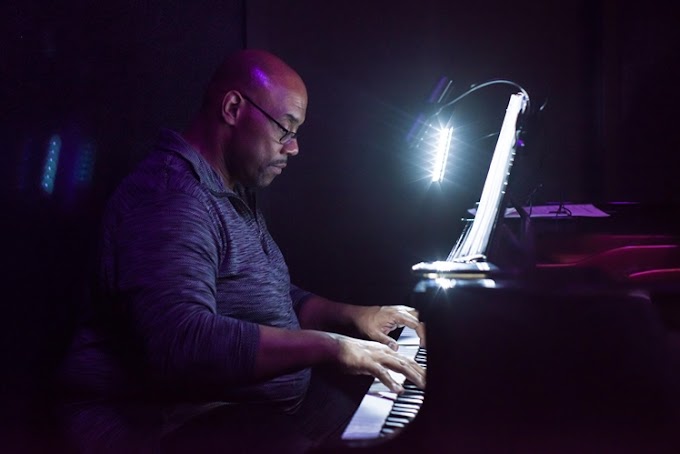Kelli Hand, a longtime disc jockey known as K-Hand whose passion for rhythm inspired her to break into the male-dominated Detroit techno scene, earning her the title “first lady of Detroit,” died on Aug. 3 at her home in Detroit. She was 56.
Her death was confirmed by a spokesman for the Wayne County medical examiner, who said that the cause was related to arteriosclerotic cardiovascular disease.
Paramount Artists, which represented Ms. Hand, paid tribute to her on social media.
“Kelli was undoubtedly the first lady of Detroit, and a trailblazer for women in the music industry,” the company said on Instagram.
Ms. Hand became known for her catalog of albums and extended plays of house and techno music with the start of her own label, Acacia Records, in 1990.
In 2017, the Detroit City Council recognized Ms. Hand with a resolution that called her the “first lady of Detroit techno” and “an international legend” who toured clubs and electronic music festivals.
The council presented her with a certificate that highlighted some of her accomplishments, including being the first woman to release house and techno music.
“Such an Honor and exciting,” Ms. Hand wrote on Instagram at the time.
In a 2015 interview with The Detroit Metro Times, Ms. Hand said she chose the gender-neutral name K-Hand in the 1990s to blend into the scene.
“I wanted to come out with something that was kind of catchy,” she recalled. “At the same time, I didn’t want people to know that I was a girl, because I was just minding the music business. I’m like, OK, what’s going to happen if my name comes out, and I’m a girl, because mostly it’s a lot of guys?”
She was born Kelley Hand on Sept. 15, 1964, and raised in Detroit, where her childhood revolved around music, particularly the drums, according to her website.
Her passion for rhythm led her to study music theory in college in New York. She also enhanced her music education in the 1980s by frequenting the Paradise Garage nightclub there, where, her site says, she soaked up the sounds of the emergent genre of music that would become known as house.
She told The Metro Times that she started spinning records after visiting that club and others in Chicago.
“After frequenting Paradise Garage so many times I wanted to buy the records because I loved the music,” she said. “So the next step was, I got to play these records in order to hear them! That led to purchasing a couple turntables, which also led me to D.J.ing in my own bedroom.” She then did a residence at Zipper’s Nightclub in Detroit.
On her website, she is quoted as saying that music is not about how someone looks or about a D.J.’s skills, but rather about “being ‘true’ to yourself, and having the ability to express yourself creatively through your own self-confidence that is within you.”
YouTube videos captured Ms. Hand wearing a headset, smiling and dancing in place as she entertained crowds with her mixes of bouncy beats at nightclubs and events around the world.
Among the better-known songs she released are “Think About It,” “Flash Back” and “Global Warning,” her 1994 breakout single, released by the British label Warp Records. Billboard said those songs “put her in league with the city’s other leading dance lights.”
In a review of “Take Back the Decks,” a 2000 music festival featuring female disc jockeys and rappers, Ann Powers of The New York Times said that Ms. Hand offered insights about independent record production. When it was her turn to spin music, Ms. Powers said, “a sense of freedom was thick in the air.”













0 Comments